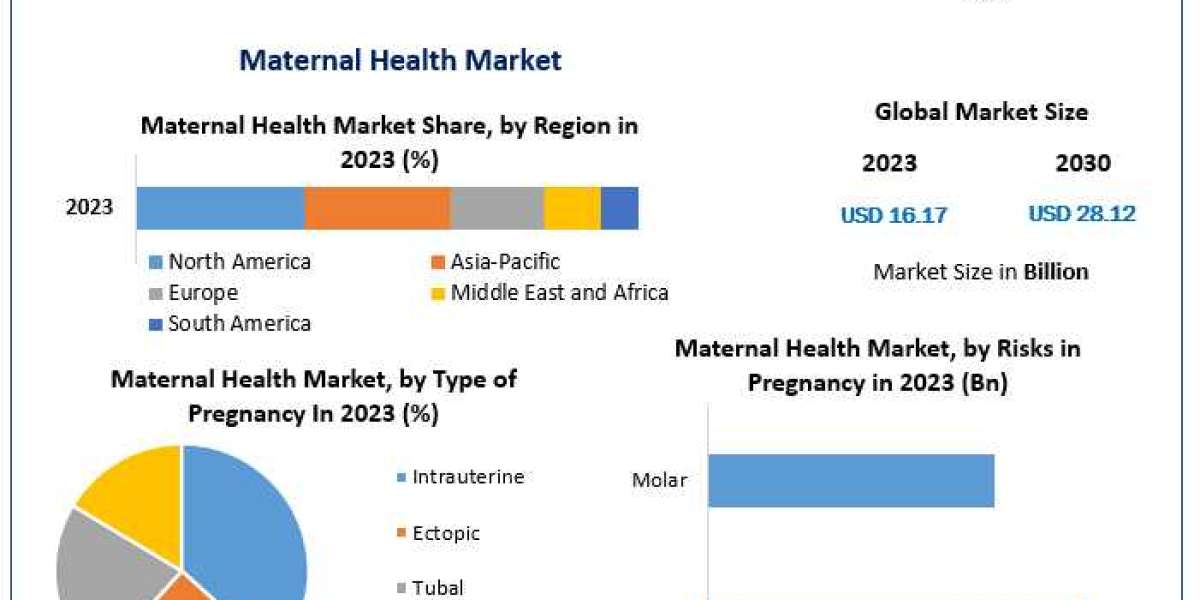The automotive industry is witnessing an escalating significance of data analysis. In the Smart Fleet Management Market, analysis and evaluation solutions will gain more prominence as OEMs introduce innovative autonomous models. Technological advancements have led to a surge in demand for connected cars, thus driving the need for Smart Fleet Management Market to analyze user behavior, comprehend customer needs, and capture vital information. Data analytics, once limited to marketing and sales, now extend to product development, industrial processes, logistics, and aftermarket solutions. However, the increasing adoption of connected
vehicles has resulted in a higher demand for effective car data management. The proliferation of embedded sensors in autonomous vehicles serves as a driving force behind the progress of the Smart Fleet Management Market.
The automotive industry is currently undergoing a significant transformation due to technological advancements like IoT and 5G. This transformation aims to enhance the driving experience for individuals. Automakers are embracing Industry 4.0 concepts across production, design, and supply chain management to improve productivity and foster company growth. There is also a notable shift from internal combustion engines to alternative transmission forms such as electric, hybrid, and hydrogen fuel cells. Data plays a critical role in driving change within the automotive sector.
Market Dynamics:
Drivers:
Operational Efficiency: The drive for operational efficiency is a crucial factor propelling the smart fleet management market. Businesses aim to streamline fleet operations and cut costs, and smart fleet management systems play a pivotal role in achieving these goals. These systems provide real-time monitoring, allowing managers to track vehicle locations, performance, and driver behavior instantly. Route optimization features help in planning the most efficient paths, reducing fuel consumption and travel time. Moreover, efficient resource allocation ensures that assets are utilized to their fullest potential, minimizing downtime and maintenance costs. By integrating these advanced technologies, companies can significantly enhance productivity, reduce operational expenses, and achieve a higher return on investment. Thus, the need to improve operational efficiency is a major driver for the adoption of smart fleet management solutions in today's competitive business environment.
Enhanced Productivity: Real-time data analytics and predictive maintenance reduce downtime and increase fleet productivity.
Restraints:
Data Privacy and Security Concerns:Risks associated with data breaches and cyber-attacks on fleet management systems.
Lack of Infrastructure:Inadequate infrastructure in developing regions for supporting advanced fleet management solutions.
Get a Sample PDF of Smart Fleet Management Market Report:
https://www.dynamicmarketinsights.com/report/smart-fleet-management-market
Key Players:
Continental AG
Cisco Systems, Inc.
IBM Corporation
Robert Bosch GmbH
Sierra Wireless
Siemens AG
Zonar Systems, Inc.
Tech Mahindra
Market Segmentation:
By Connectivity
Cloud
Long range communication
Short range communication
By Hardware
Optimization
Tracking
ADAS
Remote Diagnostics
By Transportations
Marine, Automotive
Rolling Stock
By Region
North America
Europe
Asia Pacific
Latin America
Middle East
Feel Free to Contact for any customization in Smart Fleet Management Market report:
https://www.dynamicmarketinsights.com/request-customization/DMI-12007
Regional Analysis:
North America: North America holds a significant share due to early adoption of IoT and telematics technologies. Increasing demand for real-time data analytics, integration of AI in fleet operations. Challenges are like Stringent regulations, high initial investment costs.
Europe: Europe is a mature market with a strong focus on sustainability and regulatory compliance. Growth in electric vehicle adoption, emphasis on CO2 emission reduction. Challenges are Complex regulatory environment across different countries, data privacy concerns.
Asia Pacific: Rapid industrialization and urbanization are driving market growth. Key Trends are Increasing fleet sizes in logistics and transportation sectors, rising adoption of cloud-based solutions. Challenges are Infrastructure gaps in rural areas, diverse regulatory landscape.
Latin America: Emerging market with growing awareness of fleet management solutions. Key Trends are Adoption of GPS tracking and fuel management systems, focus on cost efficiency. Challenges are Economic volatility, security concerns.


